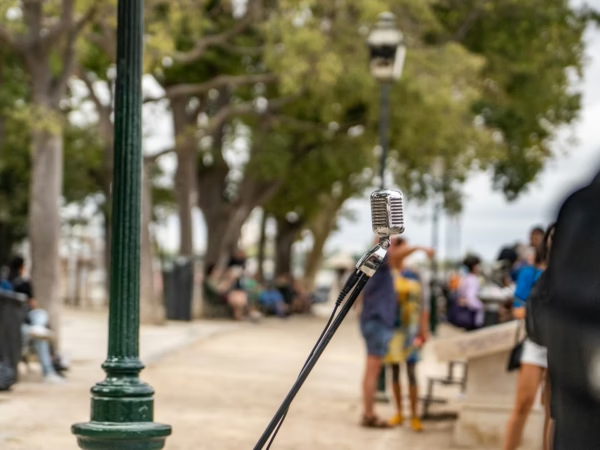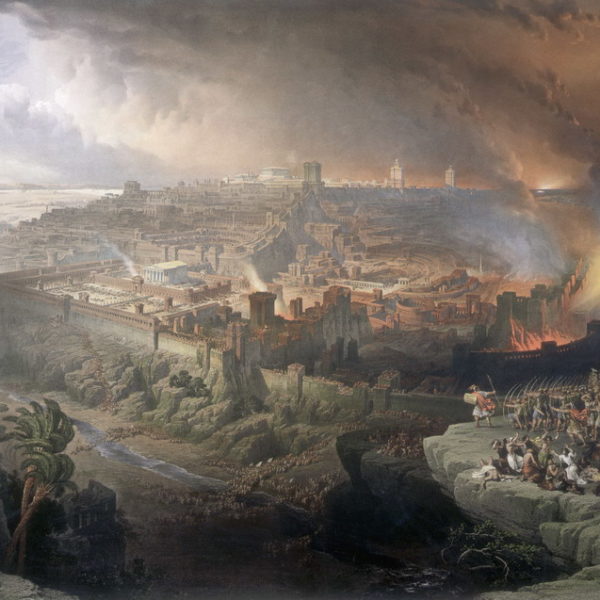
The Spirit is the decisive factor in any ethical and political existence that would strive for truth, for justice, and for a mode of persuasion that can challenge the world’s assumptions of what is possible without rhetorically pulverizing those who do not yet agree or pretending that we are better or wiser than we really are.

For those of us who have experienced marginalization, are we confident that God is actively seeking the lost and rejected souls in our communities? And for those of us with social privilege, do we embody this confidence by extending love to those on the margins—the outcast, the silenced, those with no voice or vote?
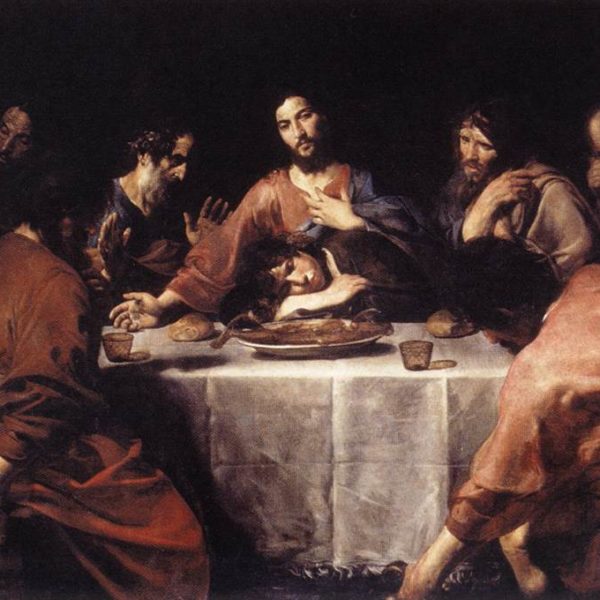
In maintaining a faithful Christian presence in the political realities of this age, few things are more important than living and acting in God’s good time, being people who find their life in the living memory of a sustaining past, who patiently wait in hope for a promised future, and who are kept in the present through faith in the daily mercies of One who is the same yesterday, today, and forever. Christ’s institution of a memorial helps us to do just this.
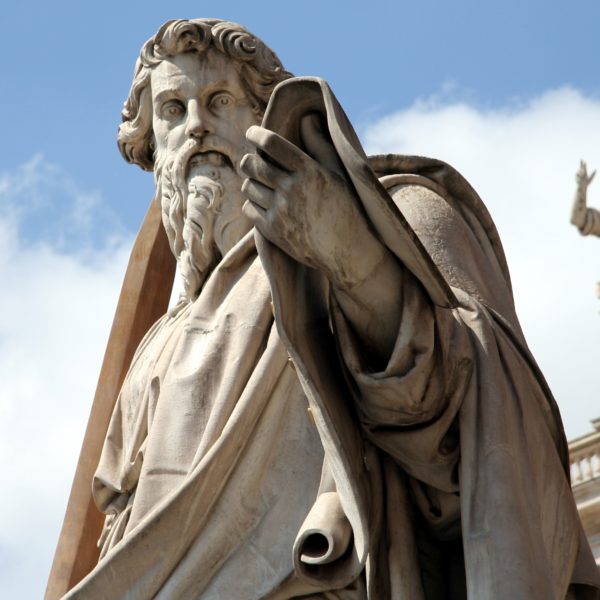
As it is often detached from its broader context and treated as a standalone paean to love, the significance of 1 Corinthians 13 within Paul’s overarching argument about the Church as a polity is often neglected. When the context of this chapter is appreciated once more, its political significance will emerge.
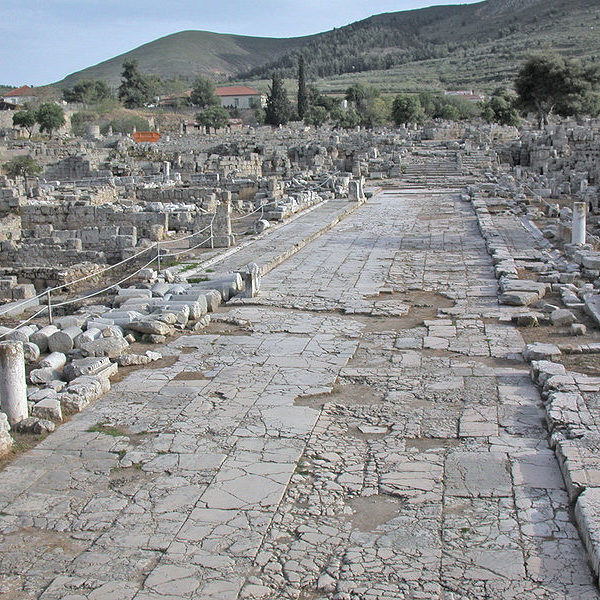
Paul’s argument that spiritual gifts are the manifestation of the one Gift of the Spirit, given for the service of the common good, provides a useful starting point for reflection upon the meaning of representation in society more generally. The ecclesiological vision of 1 Corinthians 12 resonates in challenging ways in our polarized political cultures, summoning us to new modes of engagement.
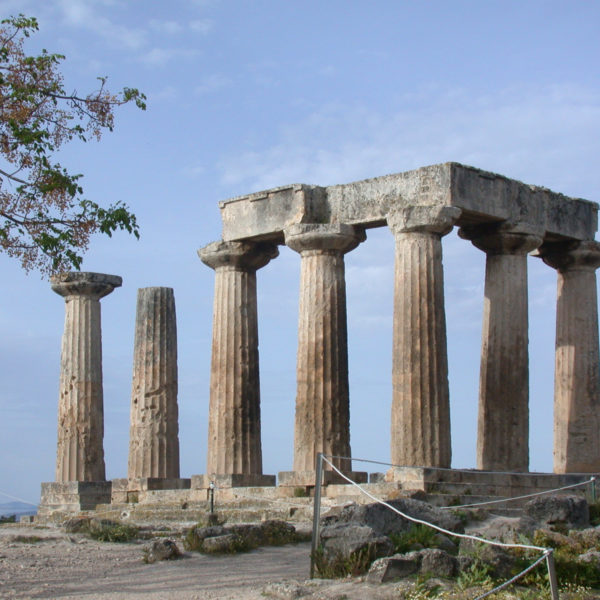
Paul’s teaching about the manner in which love for weaker brethren should guide behavior when considering eating food sacrificed to idols provides principles that remain relevant, long after the issue that provoked their articulation. The role that politics and the state play in contemporary forms of idolatry suggests analogies that can be drawn between the responsibilities of first century Corinthians and our own.
